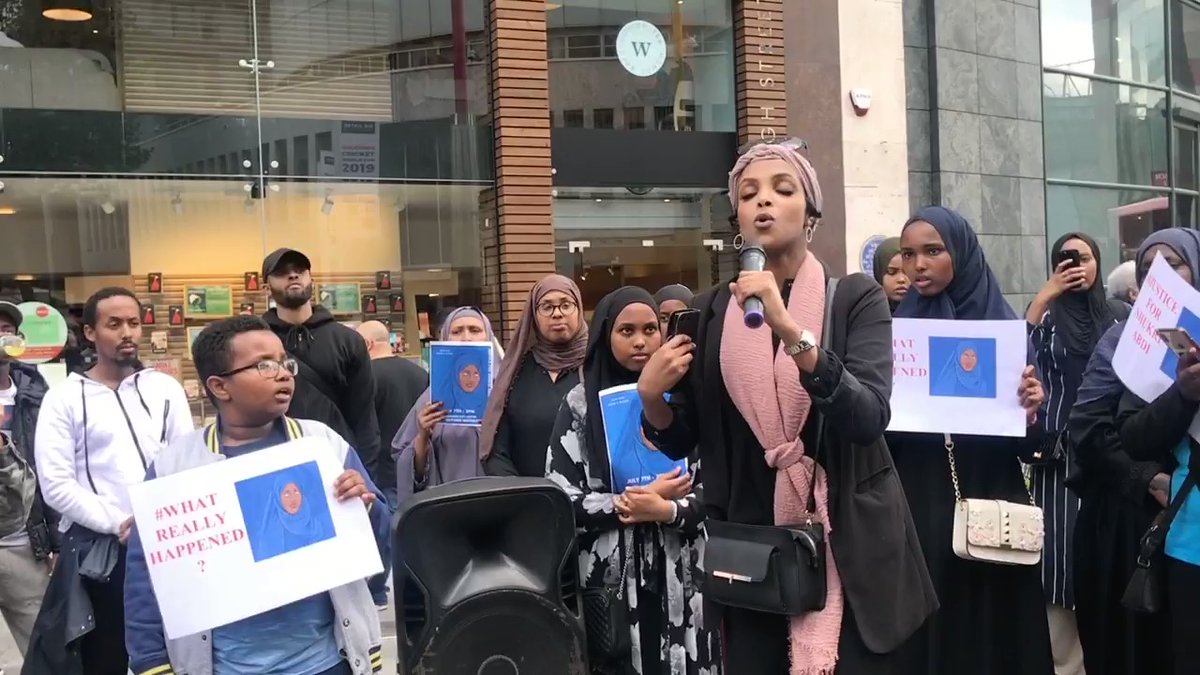Most books that get published are written by certain kinds of people for certain kinds of people. Research by the Centre for Literacy in Primary Education found that only 4% of children’s books released in the UK in 2017 contained Black, Asian or Minority Ethnic (BAME) characters, and only 1% had a BAME main character — a far cry from the 32% of English schoolchildren who identify as minority ethnic.
This representation gap has a serious impact on the hopes and aspirations of young people around the country. Put simply, if you don’t see people who look like you in prominent positions — if the swashbuckling adventurers, brave astronauts or charismatic rock stars are only ever white or male — it’s hard for young people to dream about doing similar things too.
23-year-old Maliha Abidi is a big believer in this position. In particular, she’s concerned about the lack of representation of strong women in her home country, Pakistan, and the impact this has on female empowerment.
The full-time medical neuroscience student has just written and illustrated a new book called ‘Pakistan for Women’, in which she features more than 50 real stories of women who have achieved something extraordinary and made a difference to the world. It’s a list of educators, astrophysicists and mountaineers, based on the idea that “if these Pakistani women can achieve their dreams through hard work and dedication, so can all the girls who read their stories”.
Included are famous figures such as Malala Yousazai, the 21-year-old education activist who became a household name after surviving an assassination attempt by the Taliban and continuing to fight for girls’ rights to study. There are also less well-known names including Samina Baig, the first Pakistani woman to climb mount Everest and all seven summits in the World; and Shazia Parveen, a strong, firefighting woman who broke barriers in a traditionally male-dominated world.
Abidi says her book is especially important because certain cultures “discourage girls to go after their true passion” in the name of honour or household responsibilities. She aims to celebrate the women in the book, ensure copies are distributed in schools, and reach as many children as possible in a push to diversify the publishing world.
“These women are the reason that Pakistan is what it is today,” she said in an interview with the BBC. “Like every other country Pakistan has its problems, but we also have stories of excellence, stories of incredible women doing amazing things.”
Abidi writes that she has been creating art “for as long as I can remember”, with a focus on female empowerment. She adds that researching about the women and then sharing this information, through the book and in a recent tour across Pakistan, is one of her life’s highlights.
